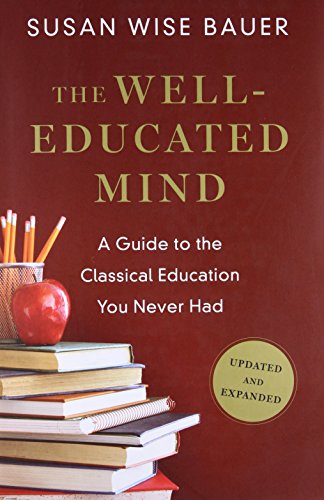
Homeschool Essentials
HOMESCHOOL
Community
Homeschool Methods
Find your style of homeschooling
With all of the choices in homeschool curriculum today, it is easy to see how deciding what methods to use can be overwhelming. One thing to remember is that homeschooling does not have to look like public schools. You have the freedom to tailor it to your family life.
Traditional
Replicate Class Rooms
Testing After Chapters
Fill in the blanks
Traditional homeschooling is what you grew up with in the classroom. It typically has separate textbooks and workbooks for the various school subjects. You read the assigned chapter in the textbook and answer the questions about the content. The books contain fill-in-the-blank and multiple-choice questions. This style might sound the most familiar, but it is not the only option you have. There are many other styles.
Classical
Grammar Stage
Dialectic Stage
Logic Stage
Classical homeschooling is based on teaching children in three stages, called the Trivium. The Grammar Stage (ages 6-10) focuses on absorbing information and memorizing the rules of phonics, spelling, grammar, foreign language, history, science, math, etc. The Dialectic Stage (ages 10–12) emphasizes logical discussion, debate, drawing correct conclusions, algebra, thesis writing, and determining the why’s behind the information. The Rhetoric Stage (ages 13–18) continues the systematic, rigorous studies and seeks to develop a clear, forceful, and persuasive use of language.
Un-Schooling
Child takes lead
No set curriculum
Always evolving
Unschooling homeschool method goes with the interests of the child. There is no set curriculum. If a child is interested in butterflies, you research and learn about them until the student is satisfied. If he develops an interest in race cars, you give him information on race cars and so on.
Unit Studies
Subject Specific
Branching Out
One main Topic
Unit Studies approach a theme topic from several angles, encouraging activity and love of learning as well as discipline and responsibility. Unit work is best when the main topic is studied in the areas of Bible, History, Science, Health, Physical Education, and the Arts, but Language and Math can often be applied as well.
Charlotte Mason
Living books
Child Curiosity
Use Nature
The Charlotte Mason style of homeschooling uses rich literature and “living books” rather than textbooks. Charlotte was a British educator in the late 1800s and early 1900s who emphasized respecting each child as a person and giving him a broad education. Her approach works with the way children naturally learn and presents an expanse curriculum, including nature study, art and music appreciation, and handicrafts, as well as the usual academic subjects. It seeks to “spread a feast” before the child and let him digest what is appropriate for him at the time. And it uses methods that will nurture a love for learning and reinforce lifelong habits, not just present a body of information.



